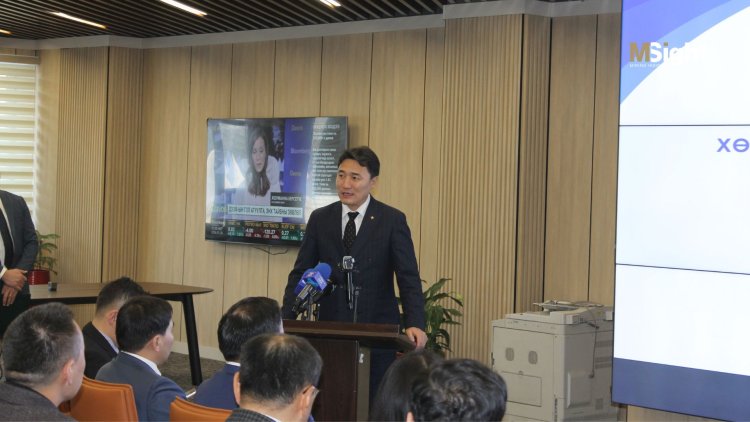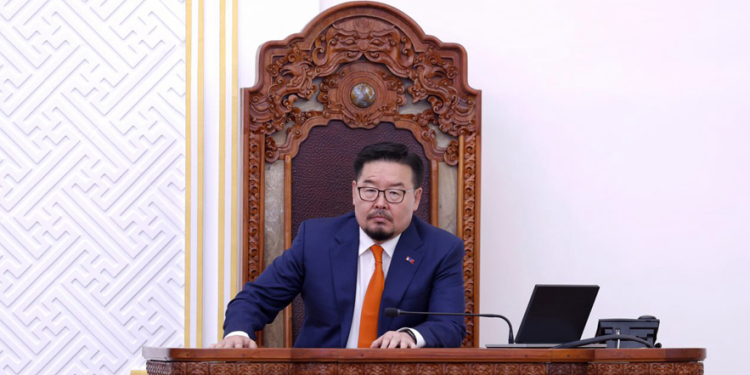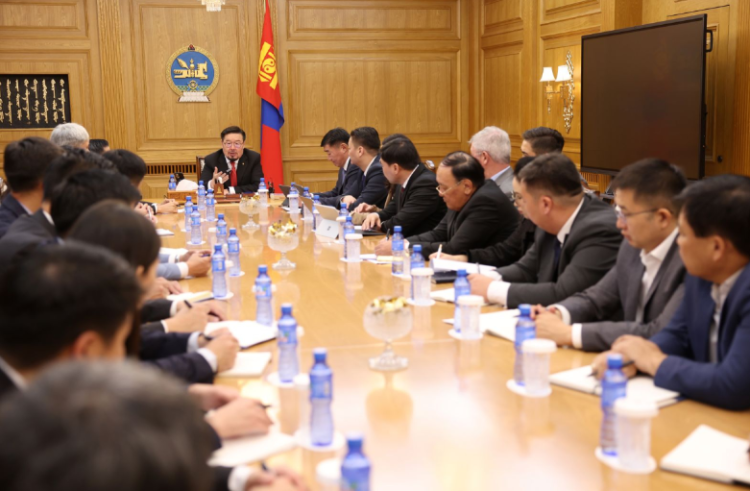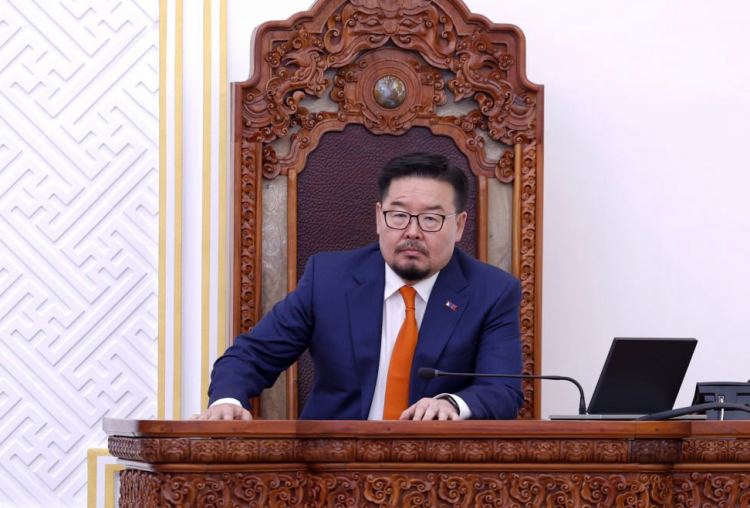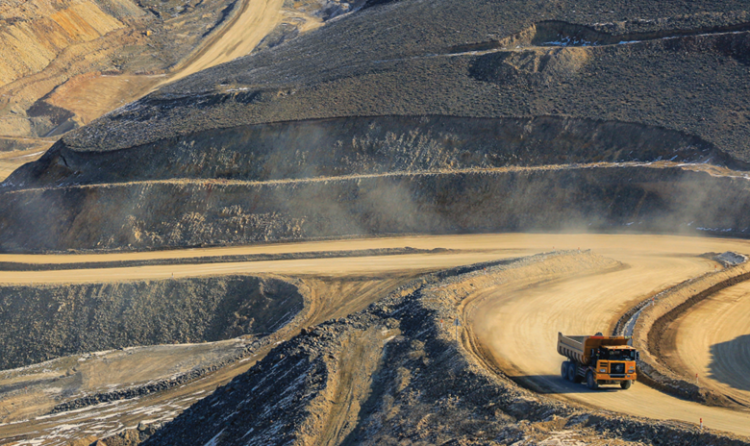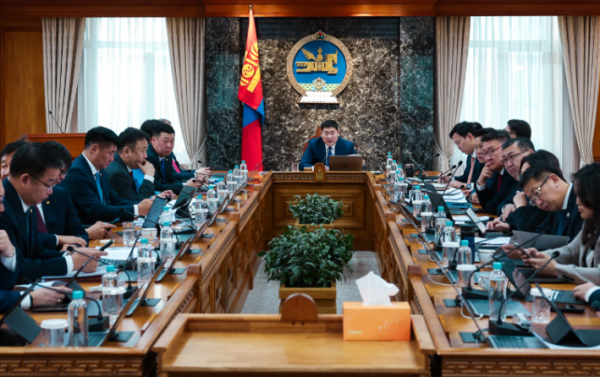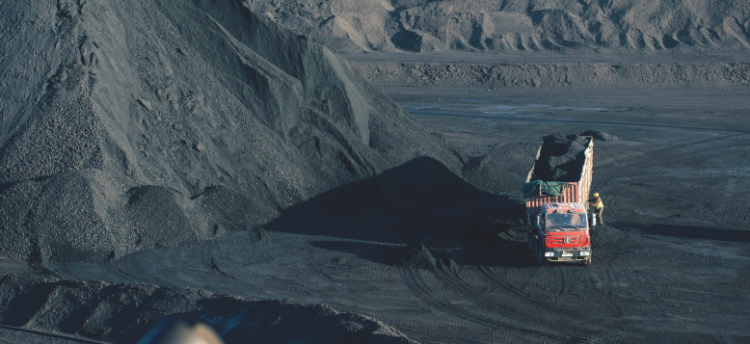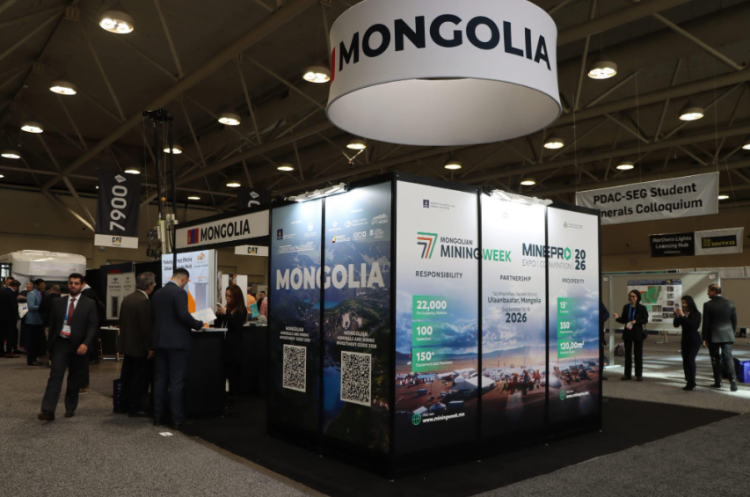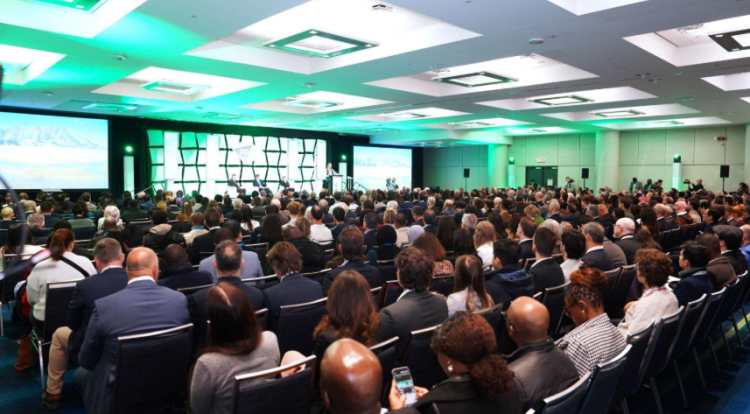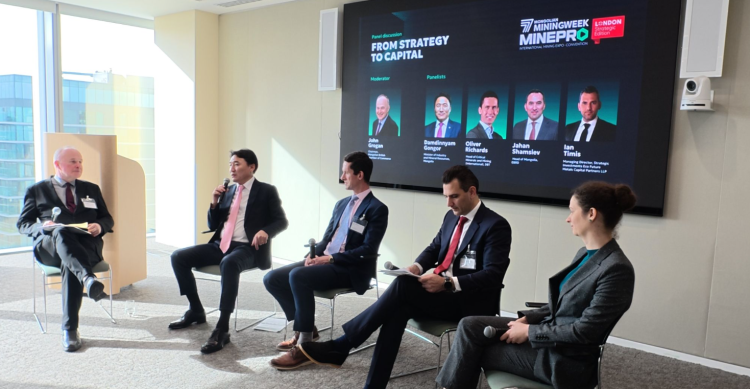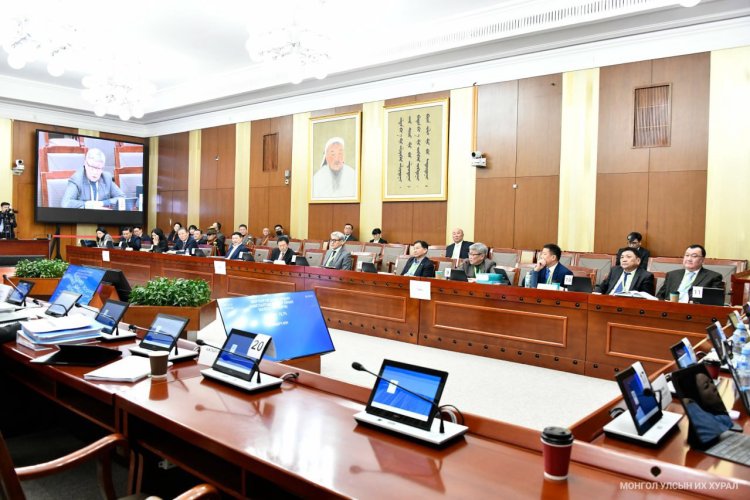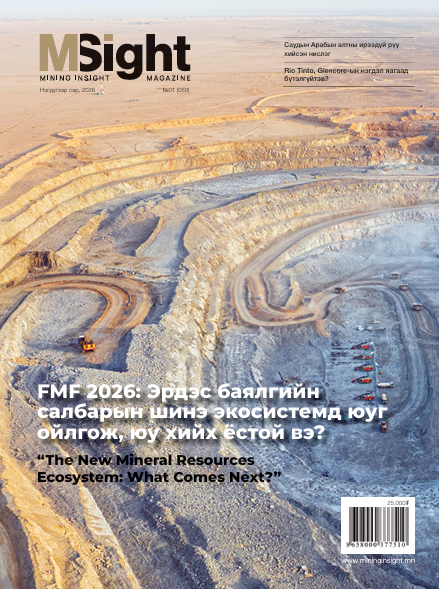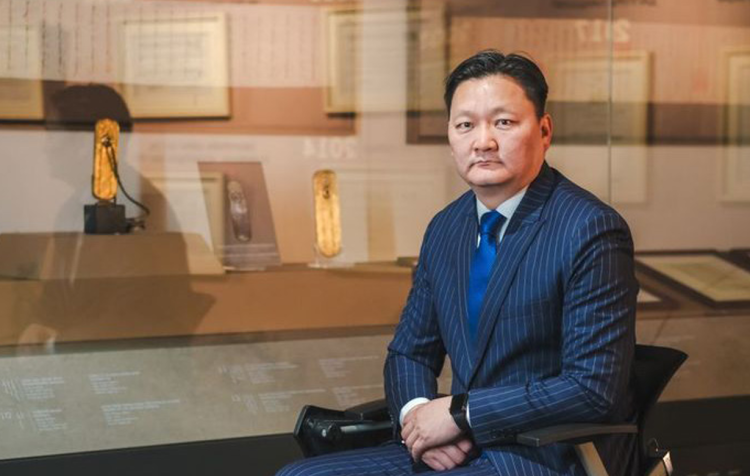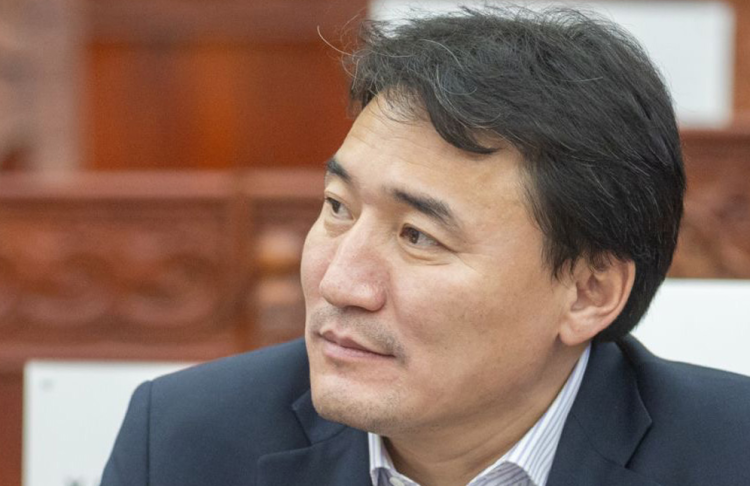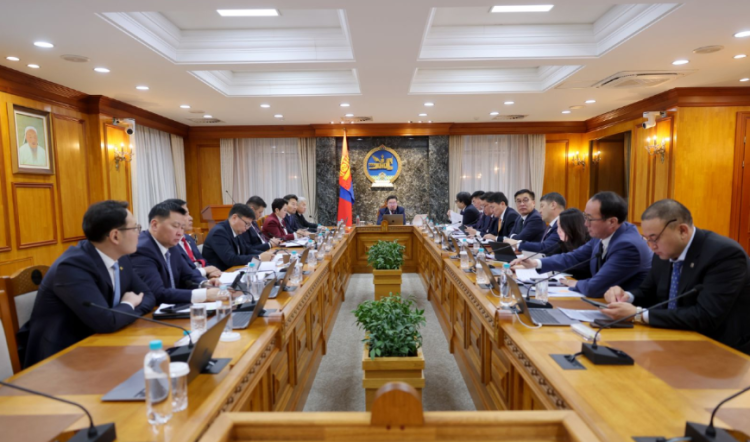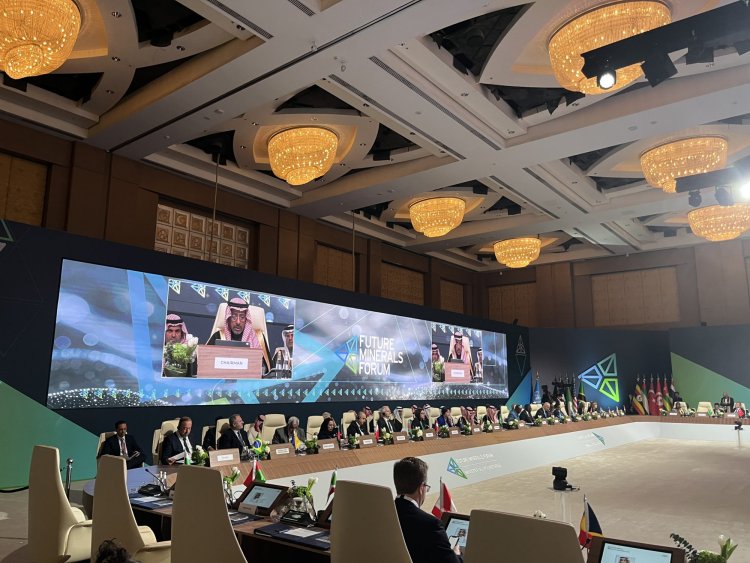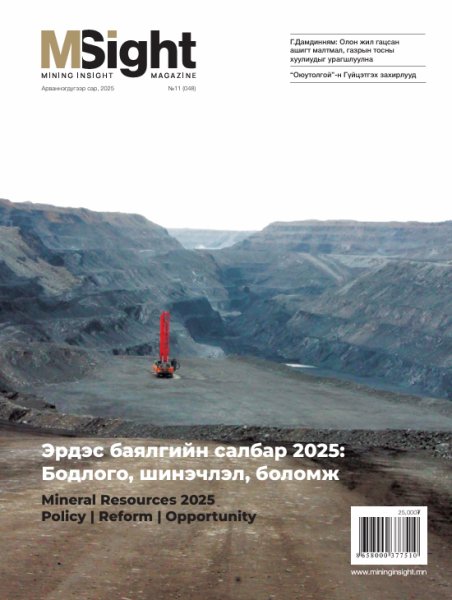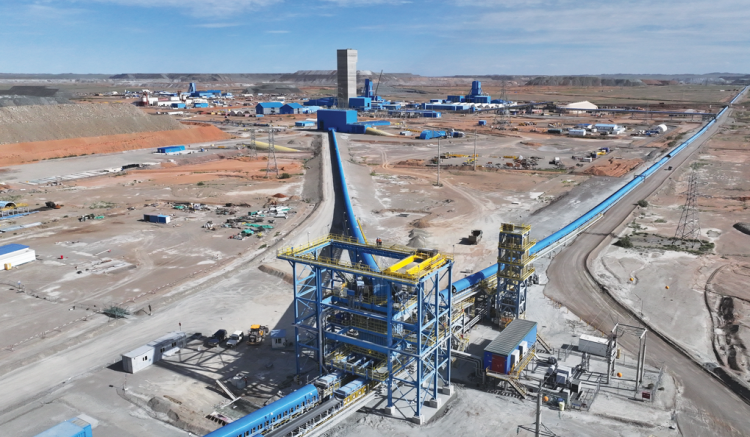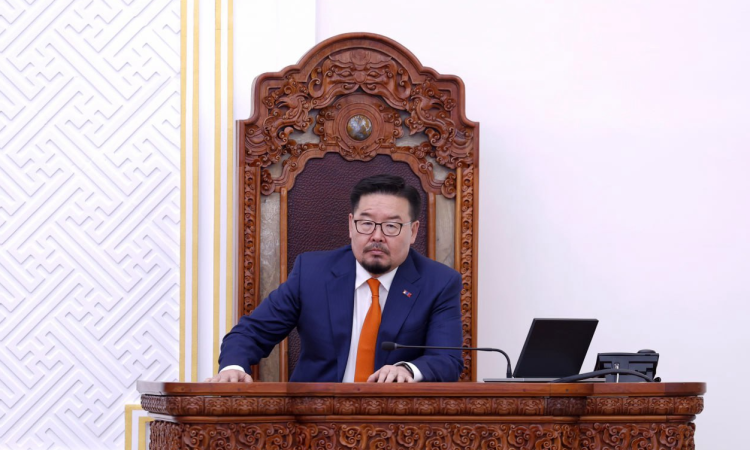 During the parliamentary session held on June 12, 2025, where the appointment of G. Zandanshatar as the Prime Minister of Mongolia was being discussed, he responded to questions from Members of Parliament for nearly 10 hours. Below are selected excerpts of his responses related to the mining sector:
During the parliamentary session held on June 12, 2025, where the appointment of G. Zandanshatar as the Prime Minister of Mongolia was being discussed, he responded to questions from Members of Parliament for nearly 10 hours. Below are selected excerpts of his responses related to the mining sector:
“As Speaker of Parliament, I was instrumental in introducing and passing the constitutional amendment to ensure national ownership of natural resources. This amendment to Article 6.2 of the Constitution was modeled after the Norwegian Constitution. It enshrines the principle that natural resources belong to the people and aims to ensure benefits are equitably distributed among all citizens—both current and future generations. In line with this vision, we passed the National Wealth Fund Law last year. Implementing the constitutional amendment and activating the Wealth Fund is one of the key reasons I am standing for Prime Minister. If appointed, I will dedicate all my efforts to realize my goals to enforce the constitutional amendment and implement the National Wealth Fund Law. My policies will focus on expanding the fund, optimizing its management, and ensuring its benefits reach the people. I’m also proposing the creation of a Housing Bank to work in synergy with the Future Heritage Fund and enhance the effectiveness of the Wealth Fund Law.”
“We will initiate negotiations with companies operating strategic mineral deposits and use a combination of strict and soft state approaches to make the Wealth Fund more effective. These negotiations will be transparent. However, we will not make short-sighted decisions to gain temporary popularity. Any legal violations will be made public, and assets such as the Salkhit silver deposit will be reclaimed by the state and included in the National Wealth Fund.”
“Bartering mineral deposits is extremely risky— values are unclear, oversight is weak, and corruption is often involved. The proper path is through transparent tender processes. Tenders provide realistic cash-based valuation. Given Mongolia’s circumstances, transparency in valuation and control, as well as enhancing public oversight, is the right way forward.
“It may be necessary to introduce a new form of natural resource taxation. For example, the Mineral Royalty Fee (MRF) could be transformed into a ‘natural resource tax,’ aligning with the global understanding of royalties. A legal amendment could designate a portion of the revenue to remain with local communities and be subjected to public oversight—thus giving real life to Article 6.2 of the Constitution. I believe that enriching the National Wealth Fund must be implemented through reforming the current MRF system. I am ready to collaborate especially with Members of Parliament elected from the Gobi region on this matter.”
“Coal-to chemicals and gold refining facilities must be developed based on domestic investment and international cooperation. A country cannot develop without iron and steel. Copper is now a critical mineral, so copper and iron should be top priorities.”
“While the price of gold has reached a historic high of $3,429 per ounce, coal prices have halved. So far this year, only 3.4 tons of gold have been sold to the Bank of Mongolia—an unsatisfactory result. Gold production is relatively weak. During peak periods, Mongolia has sold up to 21 tons of gold to the central bank. At this point, 7–10 tons would be expected. Therefore, we will implement the ‘Gold-3’ program. To turn the crisis into opportunity, we’ll submit a budget revision. If properly implemented, ‘Gold 3’ will increase foreign currency income. We must also make gold trading more flexible. Increasing the central bank’s gold reserves is crucial for strengthening the Mongolian tugrik’s purchasing power and shielding the economy from inflation. To make 40–50% of gold production part of official purchases, we need to improve the legal framework for artisanal miners and provide flexible terms—this will be key to increasing supply.”
“I will not reject the previous government’s policies but will continue them with consistency. The 14 mega-projects must be shielded from political cycles and ensured to proceed on a stable, policy-driven basis through institutional and legal guarantees. Among mega-projects, water is a top priority. Implementing Gobi region water projects is critically important. However, regarding the ‘Kherlen-Toono’ project, it appears not yet viable—its financing is uncertain, and no unified agreement has been reached.”
“The Gashuunsukhait-Gantsmod border port infrastructure can be expanded to international standards. Unified customs management and full digital transition must be introduced to improve efficiency.”
“Mining will play a central role in increasing GDP and overcoming economic challenges. Enhancing sector productivity and sustainability must be our top goals. We will ensure job stability in the mining sector, focus on safety and international standards, strengthen training and re-training systems, and boost local workforce participation.”
“My personal stance is that we must enter into a separate agreement with “Entrée” We’ll discuss with relevant ministries and the Parliament’s working group to develop a concrete decision. Not all cards can be laid on the table today.”
“Regarding the agreement with “Orano”, environmental impact and risk assessments must be conducted, and joint decisions based on those findings must be implemented.”
Mining Insight Magazine, №06, 07 (043, 044)



